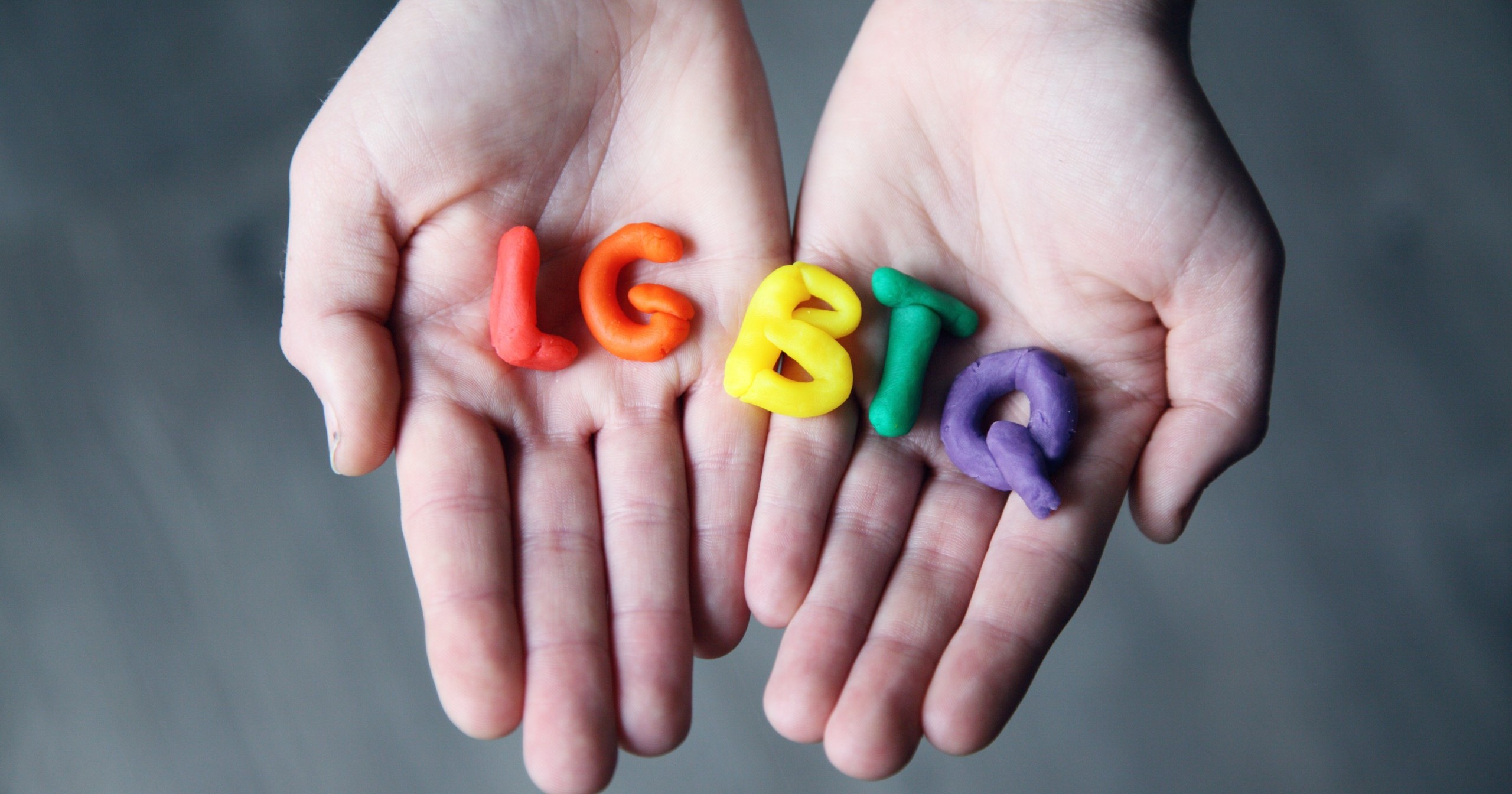
Last Tuesday, the Florida Education Committee passed a controversial bill that would prohibit elementary school districts from initiating conversations about sexual orientation and gender identity. While the bill is meant to advocate for parents’ rights in education, critics are concerned that the bill will remove protections from LGBTQ kids in school and cause trouble for teachers.
The bill, called the Parental Rights in Education Bill, is designed to “reinforce the fundamental right of parents to make decisions regarding the upbringing and control of their children.” It requires all school staff to report information about a student’s “mental, emotional, or physical health or well-being,” to parents unless there’s an abusive situation.
The bill specifically says that a school “may not encourage classroom discussion about sexual orientation or gender identity in primary grade levels or in a manner that is not age-appropriate or developmentally appropriate for students.” If parents feel that the school district has failed to meet these standards, the bill gives parents the ability to sue.
Representative Joe Harding, who introduced the bill, maintains that it won’t eliminate conversations about gender identity altogether. Rather, it prevents schools from making decisions concerning a student’s health without parental involvement.
Governor Ron DeSantis, an advocate for parents’ rights in the classroom, has shown his support for the bill.
“We’ve seen instances of students being told by different folks in school, ‘Oh, don’t worry. Don’t pick your gender yet. Do all this other stuff.’ They won’t tell the parents about these discussions that are happening,” DeSantis stated. “That is entirely inappropriate.”
“We want parents to be able to have access to what’s going on in the classroom. And certainly it is inappropriate to be hiding these things from parents,” DeSantis added.
Critics—who’ve dubbed the legislation as the “Don’t Say Gay” bill—worry about the potential lawsuits that schools could be steeped in since the bill does not clearly define what is age-appropriate for students.
But mostly, critics are nervous about the implications of the bill on LGBTQ kids like Delaney Ocock, a senior at Olympia High School in Orlando. Ocock says that for many LGBTQ kids, school may be the only place where they feel safe. If the bill passes, Ocock believes these students will lose their support system.
“The bill is sending a message to LGBTQ youth that they have something to be ashamed about, that their identities are so taboo that they shouldn’t even be talked about in classrooms,” Ocock told CBS News. “In a world that already shames LGBTQ people enough, children who are learning and developing who they are don’t need any more of that stigma.”
The Biden Administration has also slammed the Florida bill.
“I want every member of the LGBTQI+ community — especially the kids who will be impacted by this hateful bill — to know that you are loved and accepted just as you are. I have your back, and my Administration will continue to fight for the protections and safety you deserve,” tweeted President Biden.
The White House released this statement about the bill: “Every parent hopes that our leaders will ensure their children’s safety, protection, and freedom. Today, conservative politicians in Florida rejected those basic values by advancing legislation that is designed to target and attack the kids who need support the most – LGBTQI+ students, who are already vulnerable to bullying and violence just for being themselves.”
But Florida State Senator Dennis Baxley maintains that the bill defines the role of teachers in the classroom.
“Some discussions are for (having) with your parents,” he said. “And I think when you start having sexual-type discussions with children, you’re entering a very dangerous zone. Your awareness should pop up right away, this isn’t teaching.”
Baxley adds that the bill does not prohibit private conversations between teachers and students, but only the inclusion of gender topics in elementary school curricula.
DeSantis’ press secretary Christina Pushaw explained to Fox News that the media has created a narrative about the bill that is “entirely false.”
“There is nothing in this bill preventing anyone from ‘saying gay’,” said Pushaw. “It’s about age-appropriate education on gender and sexual orientation.”
Before it can be passed, the bill has to be considered by two additional Florida Senate committees. The committees could make changes before it’s brought to the full chamber and then to the Florida House. If the bill gets passed, it would go into effect July 1. School district plans would need to be updated by June 30, 2023.
What do you think about this Florida bill?





[…] DeSantis has come under fire for some of the controversial stands he’s made for parents in education. He recently signed a […]